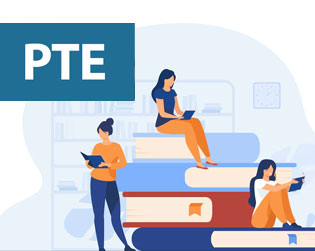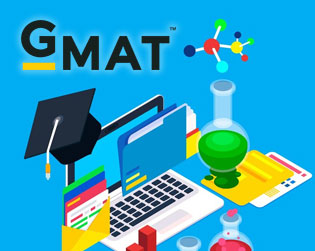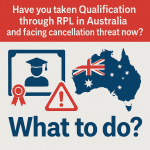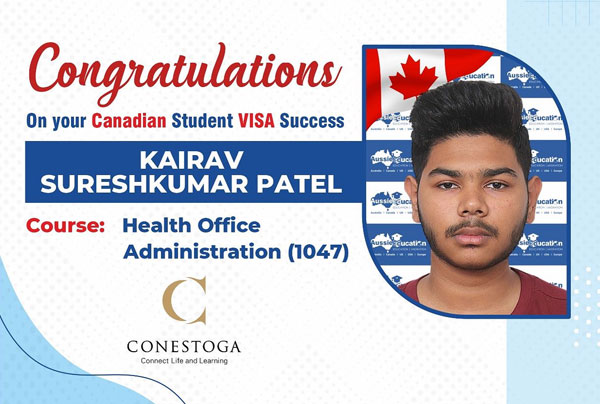Cancellation of Qualification based on RPL? What is RPL, Difference Between Traditional Qualification Pathways and Recognised Prior Learning (RPL) in Australia? What’s Next?
- Posted by
- admin<
- Categories
- Australian Visa news
- Australian Visa updates
- Lifestyle
- Managing Finances
- News Updates
- Student Visa
- Visa Application
- Work Visa
- Date
- 3 Jun 2025
- Comments
- 0

In Australia, individuals looking to acquire qualifications have various pathways available. Two primary methods are the traditional way of obtaining qualifications through formal education and the Recognised Prior Learning (RPL) pathway. Understanding the differences between these methods, the benefits of RPL, and the implications of recent news regarding registered training organisations can empower candidates to make informed decisions regarding their educational and career futures.
Traditional Qualifications in Australia
1. Structured Learning Environment:
- Traditional qualification pathways involve enrolling in courses offered by registered training organisations (RTOs), universities, or vocational education institutions.
- Students attend classes, participate in practical sessions, and complete assessments over a set period to gain the desired qualifications.
2. Curriculum-Based Education:
- The curriculum is designed to provide a comprehensive understanding of a specific field. This method typically includes theoretical introduction, practical application, and examinations.
3. Time-Intensive:
- Traditional pathways often require a significant investment of time and resources, which includes classroom attendance, homework, and assessments.
Recognised Prior Learning (RPL)
1. What is RPL?
- RPL is an assessment process that acknowledges a person’s existing skills, knowledge, and experience gained through work, life, or informal training. This pathway allows individuals to gain formal qualifications without needing to undergo traditional training.
2. How RPL Works:
- Individuals provide evidence of their competencies, which may include work references, performance appraisals, and any relevant certifications or informal training.
- RPL assessors evaluate this evidence to determine if it meets the competency standards required for a specific qualification.
Benefits of RPL
1. Time and Cost Efficiency:
- RPL can significantly reduce the time and cost required to obtain a qualification. Individuals can gain credits for skills they already possess, leading to faster qualification achievement.
2. Flexibility:
- RPL offers flexibility for those balancing work, family, or other commitments. There’s no need to commit to a full-time study schedule, making it an appealing choice for working professionals.
3. Recognition of Experience:
- RPL values real-world experience and skills, providing individuals with the opportunity to have their past learning acknowledged formally.
Recent News: Cancellation of Registered Training Organisations by ASQA
Recently, the Australian Skills Quality Authority (ASQA) announced the cancellation of multiple RTO registrations. These colleges were somehow issuing qualifications for applicants who just didn’t have any prior expreince or knowledge. These qualifications were issues in various fields such as Aged care, Hospitality, Construction, Carpentry, Automotive and so on. This has raised concerns regarding the quality and legitimacy of qualifications issued by some institutions.
1. Implications for Students:
- Students who obtained qualifications through these cancelled RTOs may find that their qualifications are no longer recognized, which can impact their employment opportunities and career progression.
2. Need for Credibility:
- It underscores the importance of ensuring that the RTOs chosen for both traditional and RPL pathways are accredited and have a strong reputation within the industry.
The Future of Qualifications in Australia
The future of qualifications in Australia may see a shift towards more flexible and skills-based assessment methods, particularly with the rise of RPL. This shift could cater to the increasing demand for experienced professionals while supporting individuals who may not have followed traditional educational routes.
What if You Have a Visa Grant Through Fake RPL?
If you have been granted a visa using fraudulent RPL qualifications or qualifications from a now-cancelled RTO, the next steps can be critical:
1. Seek Legal Advice:
- Consulting with an immigration lawyer or education consultant is vital to understanding your rights and obligations. They can provide guidance on how to proceed in rectifying your situation.
2. Consider Reassessment:
- You may need to undergo a reassessment through another accredited institution or pursue further education to gain a legitimate qualification.
3. Visa Implications:
- It’s important to check the implications of your current visa status, as using fraudulent qualifications can lead to visa cancellation. Have a legal professional guide you through the immigration process.
4. Future Actions:
- Informed decisions about your education and employment moving forward are essential. Ensuring that future qualifications are secured through credible institutions can safeguard your career and visa standing.
Conclusion
The choice between traditional education and the RPL pathway largely depends on individual circumstances, career goals, and experiences. With the growing importance of recognized qualifications in Australia’s dynamic job market, understanding these pathways and the potential risks associated with them is vital. The recent cancellations of certain RTOs highlight the need for due diligence when pursuing qualifications, ensuring that future educational endeavors lead to rewarding and legitimate outcomes in your professional journey. Always follow right path as RPL is very good option for those who genuinely got expreince and have worked in their own field to get qualified with nationally recognised qualification.


































